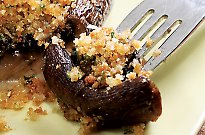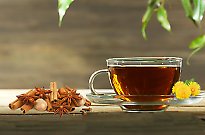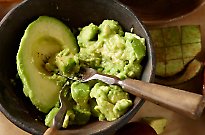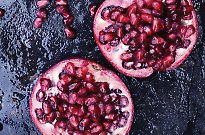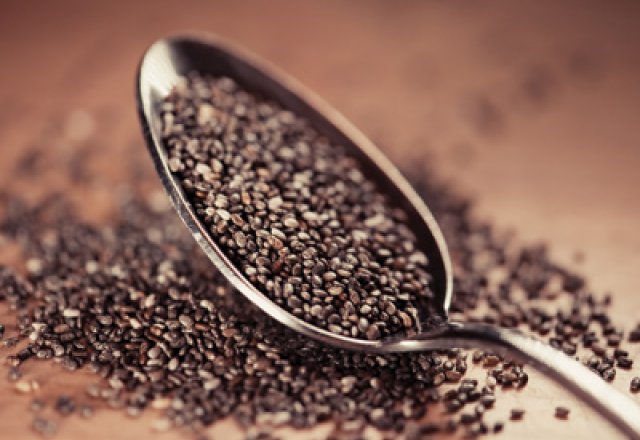
Chia seeds
Chia seeds

Chia seeds are a recent phenomenon on Australian supermarket shelves; however, they have been cultivated for centuries in Mexico. Salvia hispanica, from the same plant family as mint and sage, was an important food and medicinal plant during pre-Columbian times in the central Americas. Traditional preparation involved toasting the seeds in a stone vessel, then either eating whole, mixing with water for a drink, moulding into cakes, or grounding into a paste and eaten with the fingers. Ritually, seeds were ceremonially thrown into the fire, offered at shrines and even buried with the dead.
American Indians along Southwest USA ate chia seeds for sustenance during endurance contests. And that’s not surprising given that chia’s nutritional profile ranges from 20 to 25 per cent protein, 15 to 35 per cent good oils and 22 to 60 per cent dietary fibre. Additionally, chia contains vitamins B1, 2 and 3, which can contribute to energy production. Scientific papers in the early 1980s suggested investigating this nourishing seed further as a potential food source for the western world. Many subsequent studies are suggesting it’s a nutritional goldmine.
Benefits of chia seeds
Chia’s fat content is responsible for some of its major benefits. Specifically, the oil in chia seeds is 30 per cent alpha-linolenic acid (ALA), an essential omega-3 fatty acid. This vegetable-derived omega-3 serves as a building block for the ‘fish oil’ omega-3 fatty acids, called DHA and EPA. As a food eaten regularly, chia can help to reduce general fatty acid deficiency. This can be indicated by dry, scaly skin, excessive hair and nervous irritability, or can manifest as more serious conditions such as varicose veins, infertility and a low-grade internal inflammation, associated with many chronic diseases.
In his Healing with Whole foods, Paul Pitchford suggests that the omega-3 oil in chia seeds helps remove arterial build-up of fats and cholesterol and could reduce the risk of cardiovascular diseases. More recent scientific studies validate the cardiovascular benefits of chia. To a lesser extent, suggests Pitchford, chia also can support brain and nerve development and repair, be part of the treatment for diseases of inflammation (such as arthritis, eczema, psoriasis, hives and asthma), cell proliferation (such as cysts and tumours) and various other conditions, including poor immune function, kidney disease and PMS. Energetically, chia seeds have a sedative action, so can be used to calm the mind and beckon sleep. It is also considered an energy tonic that lubricates dryness.
Traditionally in Latin America, chia seeds are used to treat constipation. This is due partly to the mucilaginous, or slimy, nature of the chia once it blends with water.







